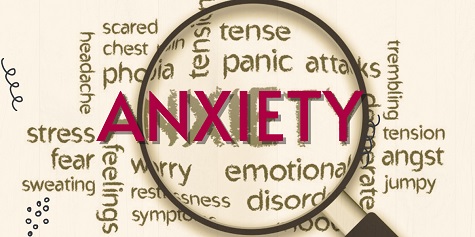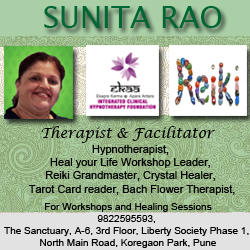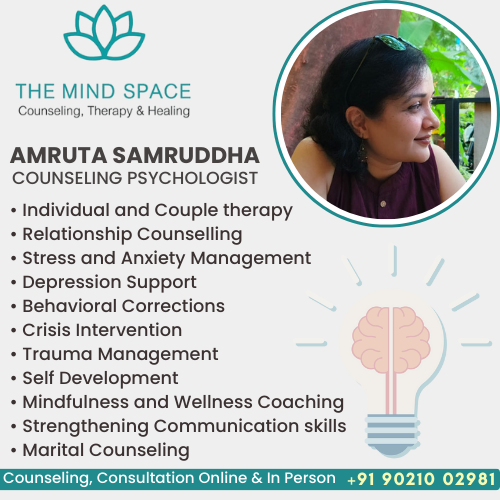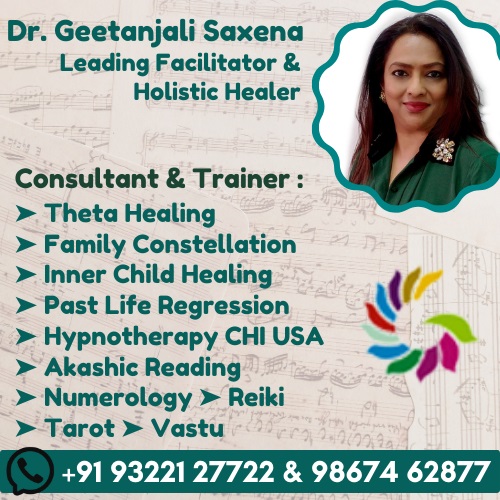Alternative Therapies
- Alternative Medicine
- Access Bars
- Access Body Processes
- Access Consciousness
- Access Energetic Faclift
- Acupressure
- Acupuncture
- Angel Healing
- Ayurveda
- Bach Flower Remedies
- Breathwork
- Cosmetic Acupuncture
- Crystal Healing
- Cupping Therapy
- Emotional Freedom Technique (EFT)
- Ergonomics
- Fengshui
- Heal Your Life
- Geopathic Stress
- Face Reading
- Graphology
- Heal Your Life
- Holistic Solutions
- Holy Fire Reiki
- Homeopathy
- Ho'oponopono
- Hoodoo
- Hypnotherapy
- Inner Child Therapy
- Jesus Reiki
- Jikiden Reiki
- Manual Therapy
- Meditation
- Melchizedek Method
- Motivational Counselling
- Mudra Healing
- Nadi Vaidya
- Naturopathy
- Neuro Linguistic Programming (NLP)
- Panchakarma (Ayurveda)
- Past Life Regression
- Physiotherapy
- Pranic Healing
- Pyramids
- Quantum Touch Healing
- Reiki
- Rudraksh
- Shamanic Healing
- Sound Healing
- Silva Mind Control Method
- Sujok therapy
- Tarot
- Theta Healing
- Unani Medicine
- Yoga
- Wicca
- Womb Healing
Diseases & Conditions
- Acne & Pimples
- Allergies
- Arthritis
- Asthma
- Behavioural Disorders
- Dandruff
- Diabetes
- Emotional Problems
- Gallstones
- Gastritis
- Hairloss
- Heart Diseases
- Hormonal Problems
- Hypertension
- Immune Disorders
- Infections
- Infertility
- Jaundice
- Kidney Disorders
- Liver Disorders
- Menstrual Disorders
- Migraine
- Neck & Back Pain
- Obesity
- Osteoporosis
- Peptic Ulcer
- Prevention
- Prostate Problems
- Psoriasis
- Sexual Dysfunctions
- Sinusitis
- Sleep Disorders
- Skin Diseases
- Stress
- Thyroid Disorders
- Ulcerative Colitis
- Urinary Infections
General Wellness
Anxiety & Depression Counselling in Baramati
Sarayu Healing Center - Ms. Sunita Rao

In her pursuit of finding better ways to heal the human body, mind and spirit Sunita Rao has been certified by internationally renowned organizations such as the EKAA School of Integrated Clinical Hypnotherapy and Heal Your Life based on the philosophy of Louise L Hays. She is also a Reiki Grandmaster Practicing and initiating in the Usui system of Reiki..

The Mind Space - Ms. Amruta Samruddha

Amruta Samruddha is a passionate Counseling Psychologist with years of experience in practice in providing therapeutic Interventions and assessments to Individuals seeking personal growth and emotional well-being

Dr. Geetanjali Saxena.

Past life Regression Trainer, Family Constellation Trainer, Theta Healing Trainer, Inner Child Work, Angel Therapist, Reiki healer, Hypnotherapy, Crystal Healing, Graphology, Tarot card reader & Astrologer


Ms. Anjali Nagpal
Anjali Nagpal is a business trainer, a life coach and workshop facilitator certified to present Heal Your Life transformational workshop worldwide (based on the philosophy of Louise L Hay) approved by Hay House, US. She also conducts others workshops relating to self healing.

ANXIETY DISORDERS

Anxious behavior befalls us all at one time or another, yet it doesn't have to be an ongoing issue. Many stress-relievers exist to bring our nerves back into alignment again, so lets take a look at how our nervous system handles anxiety, and how we can use a few home remedies for anxiety to calm down a bit.
Quashing the Quivers
Everyone experiences anxiety at some point in their lives. Perhaps you're sitting in your doctor's waiting room, anticipating the horse-sized needle your doctor has waiting for you on the other side of the door. Or maybe you've spent all day cooking, but the look on your mother-in-law's face says your best efforts were wasted. Or maybe you really hate your job.
These very different experiences can bring on anxiety and its various symptoms:
- heart palpitations
- sense of impending doom
- inability to concentrate
- muscle tension
- dry mouth
- sweating
- queasy, jittery feeling in the pit of the stomach
- hyperventilation
- Hyperthyroidism, which may produce symptoms that resemble those of anxiety
- Heart disorders, which can cause rapid heartbeat, often associated with anxiety
- Caffeine, which can produce nervous symptoms even in moderate amounts
- Premenstrual syndrome (PMS)
- Diet pills
- Anemia
- Diabetes
- Hypoglycemia
Anxiety can be short- or long-lived, depending on its source. The more long lasting the anxiety, the more additional symptoms you will experience.
If your anxiety is a reaction to a single, isolated event -- the shot the doctor is about to give you, for example -- your anxiety level will decrease and your symptoms will disappear after the event. If your anxiety is caused by friction between you and your mother-in-law, you're likely to experience anxiety for a period of time before and after you see her. In this case, the symptom list may have grown to include diarrhea or constipation and irritability.
Then there's that job, a source of anxiety that never leaves you. You dread getting up in the morning because you have to go to work, dread going to bed at night because when you wake up you have to go to work, dread the weekend because when it's over you'll have to go to work. When the source of your anxiety is always present, you may also experience the following symptoms: chest pain, over- or under-eating, insomnia, loss of sex drive. All three situations described above are types of everyday anxiety. But even though such anxiety may be common, it's taking its toll on you, physically, mentally, and emotionally.
What Causes Anxiety?
Essentially, anxiety is part of the "fight or flight" mechanism, a carryover from our ancient ancestors. They were hunters, but they also were the hunted; their instincts readied them to attack -- or run from an attack. Anxiety kept them alive, as it caused adrenaline to be released into the bloodstream. When that big ol' bear was breathing down our ancestor's neck, his adrenaline surged as a warning, causing his liver to release energy-stimulating sugars into his system to ready him for the fight.
That warning system is still necessary for today's emergencies. Trouble is, we experience the manifestations of the "fight or flight" mechanism even when it's not really appropriate to our modern stressors. You could run from your job or your doctor, and you could physically fight your mother-in-law, but the results would not be as helpful for you as they were when that ancestor outran a lion or knocked out a bear!
Certainly, your mother-in-law's visit may not be pleasant, but it's not life threatening either. You may feel your muscles knot up at the very mention of her name, but that, in itself, isn't a problem -- the problem is the body's response to such stress. When anxiety is severe or prolonged, the powerful "fight or flight" chemicals can damage your body's organs. Eventually, anxiety can cause a full-fledged illness, such as headaches and high blood pressure.
While stress is most often at the root of anxiety symptoms, they can be caused by physical problems as well. If your anxiety symptoms are persistent, get checked out by your doctor so that you can rule out the following:
So now that you know what anxiety can do, it's time to learn what you can do to control it. Mild anxiety can be treated successfully at home with a little calming music, a little quiet time, and some soothing remedies from the kitchen. Take a look at the next page for a few home remedies you can implement to easily reduce your anxiety






